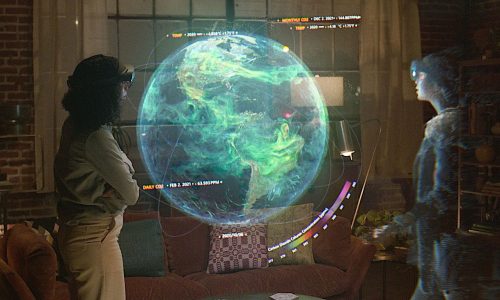While AI-powered copywriting has improved through machine learning, it is still not strong enough to entirely replace human writers. AI algorithms can assist in content generation but lack the creativity, emotional intelligence, and nuanced understanding of language that human writers bring. Human copywriters can craft compelling narratives, inject personal perspectives, and adapt their writing style based on the brand’s and its audience’s needs.
Furthermore, human copywriters excel in storytelling and leveraging their unique experiences to create authentic and relatable content. They can capture the essence of a brand’s voice and connect with readers deeper. AI copywriters, on the other hand, primarily rely on data-driven approaches and lack the human touch required to establish genuine connections.
AI writing tools can be helpful in certain situations, providing inspiration, and suggestions, and streamlining the writing process. However, they cannot replicate human writers’ unique creativity and personal touch. The ideal approach is to leverage AI as a supportive tool to enhance human creativity and productivity, resulting in a harmonious blend of human ingenuity and technological assistance.
What is the process, and how do ai tools work?

Writing assistants powered by AI and natural language processing (NLP) provide software tools that help automate content generation based on pre-defined parameters. They can be handy for generating specific types of content, such as product descriptions, social media posts, or marketing copy. However, it is essential to note that these tools are not intended to replace human creativity and expertise. Instead, they serve as a helpful resource for writers by providing suggestions, ideas, and templates that can be used to enhance their work.
Writers can input their ideas, fine-tune the generated content, and add their personal touch, ensuring their unique voice shines through in the final product. Although AI writing tools can be a valuable resource for overcoming writer’s block and improving content quality, they are not designed to replace the writer’s role in the creative process.
Will AI replace copywriters in the future?

Creativity, emotions, intuition, empathy, and the ability to think critically. These qualities are what make human writing unique and relatable. While AI writing software can generate content based on predefined rules and patterns, it lacks the depth and richness of human expression. Human writers can connect with readers on a deeper level, using their personal experiences, emotions, and perspectives to create engaging and impactful content.
AI may assist in certain aspects of the writing process, such as generating ideas or providing grammar suggestions. Still, it cannot replace the artistry and originality that human writers bring to their work. The human touch and the ability to infuse personality into writing will always be essential in capturing the hearts and minds of readers.
Emotions

Today, robots and AI technology have significantly advanced in various tasks, but they can still not replicate human emotions. While engineers and scientists continue exploring ways to incorporate emotions into robots, they have not succeeded.
In the realm of writing, emotions play a pivotal role. They enable writers to establish deep connections with their readers. Seasoned authors understand the potency of evoking emotions and strive to elicit specific feelings through their words. Whether it’s through persuasive marketing content, gripping short stories, or immersive novels, the ability to convey emotions is undeniably indispensable.
Robots, lacking the capability to experience emotions, struggle to comprehend and replicate the intricacies of the human experience. As a result, creating genuinely compelling and engaging writing remains a challenge to automate fully. The artistry and depth that human writers bring through their emotions and personal experiences are irreplaceable in capturing the hearts and minds of readers.
AI doesn’t comprehend the core of your brand

AI may be capable of analyzing data and following predefined guidelines, but it cannot truly understand the intricacies of a brand’s message, culture, purpose, and values. This is where human intuition and years of experience come into play. A seasoned designer or writer can rely on their gut feeling and deep understanding of the brand to guide their creative decisions.
Sometimes, even if a design or content adheres to brand guidelines, it may not feel right. That intuitive sense, honed through experience, helps professionals identify when something is off. They can recognize subtle nuances and align the creative work with the brand’s essence in ways AI cannot.
Facts

AI has its limitations when it comes to extensive crowd-sourcing, fact-checking, and the research necessary for good writing. While AI can refer to existing research and articles, it cannot conduct thorough investigations or verify information. Furthermore, AI-generated content may be susceptible to inaccuracies and misinformation.
Proper corporate governance is essential for upholding the reliability and accuracy of information. Relying solely on AI without appropriate oversight and human involvement can result in reputational harm and a loss of trust. Human writers bring valuable critical thinking skills and the ability to fact-check, ensuring content integrity and maintaining high standards of quality.
Strategy

AI lacks the ability to comprehend business objectives and align content with specific goals. It falls short in understanding the buyer’s journey and the intended destination of the content. Contrastingly, a skilled human writer who possesses expertise and a deep understanding of the target audience can tailor the message accordingly.
Such a writer has the capacity to craft content that resonates at each stage of the buyer’s journey, guiding readers seamlessly toward the desired outcome. The strategic thinking, contextual understanding, and adaptability demonstrated by human writers remain unparalleled strengths that AI cannot replicate.
Affordability

Building, launching, and managing artificial intelligence programs can be costly, requiring a team of experts and extensive resources. However, hiring a copywriter is often a more affordable option. When you establish a relationship with a skilled human writer, personalized communication and an understanding of brand voice and values become possible.
A human writer brings creativity, adaptability, and the ability to produce high-quality content that resonates with the target audience. While AI programs have their benefits, they cannot completely substitute for the expertise and unique skills human writers possess. When considering cost-effectiveness and content quality, human writers remain invaluable resources.
Summary

AI writing software has its advantages but falls short when replacing human writers. Human writers possess unique qualities like emotions, creativity, and a deep understanding of brand messaging. They can tailor content to business objectives and specific audiences and conduct thorough research. Furthermore, human writers offer cost-effectiveness and produce high-quality content that AI cannot replicate. While AI can be a helpful tool, the combination of human expertise and AI assistance truly enhances content creation. So, let’s value the irreplaceable contributions of human writers and leverage AI to augment their capabilities for even greater success.




